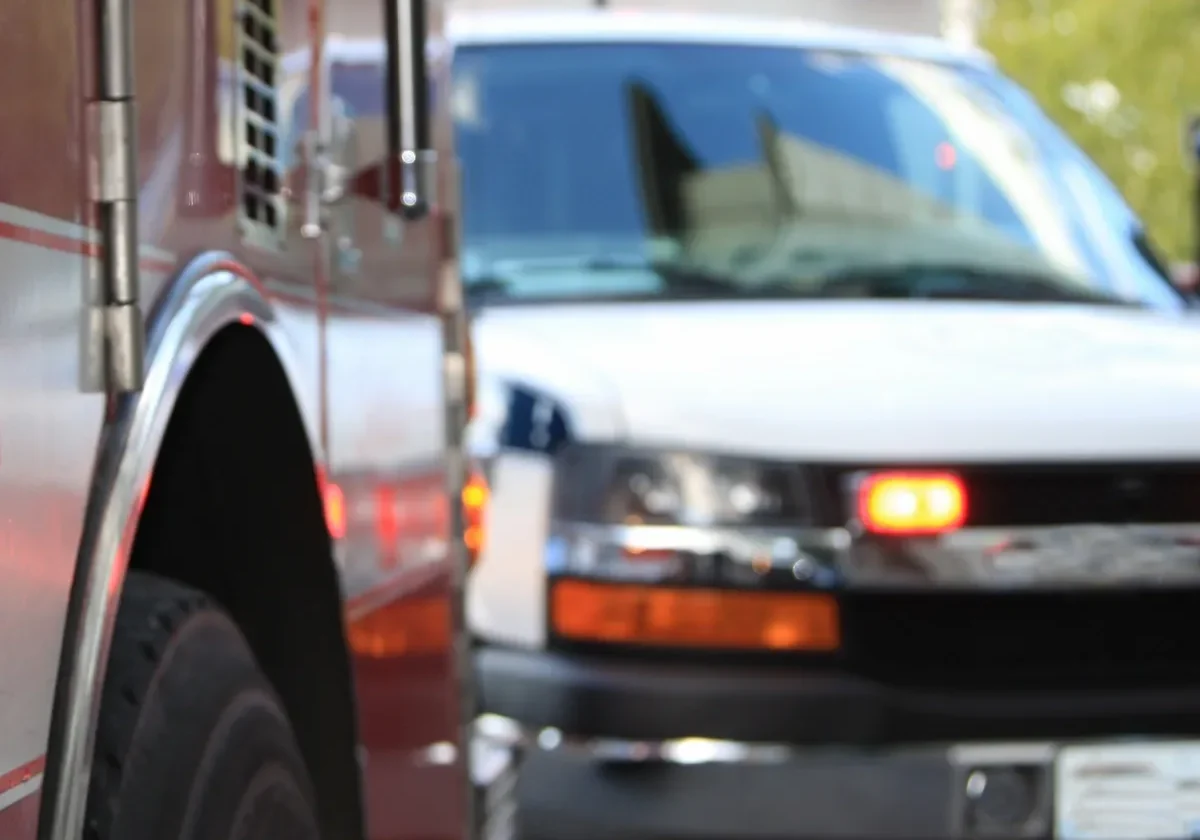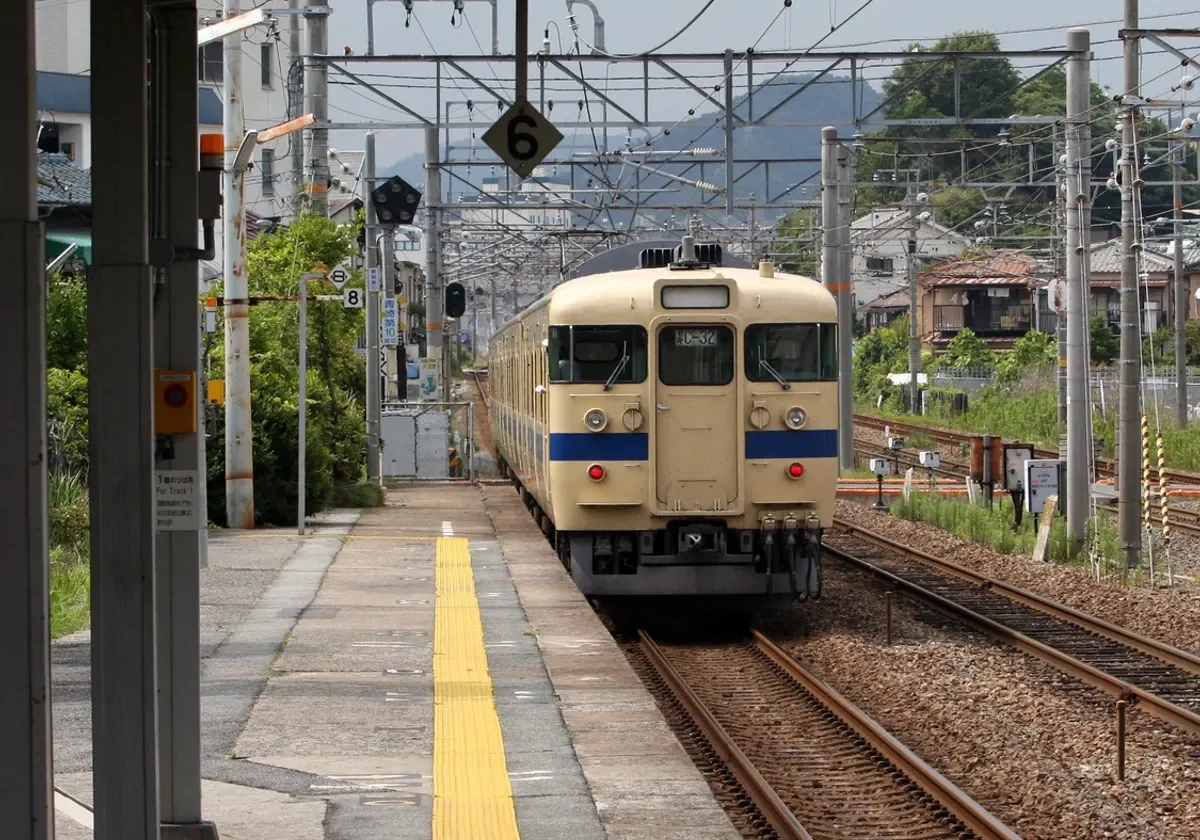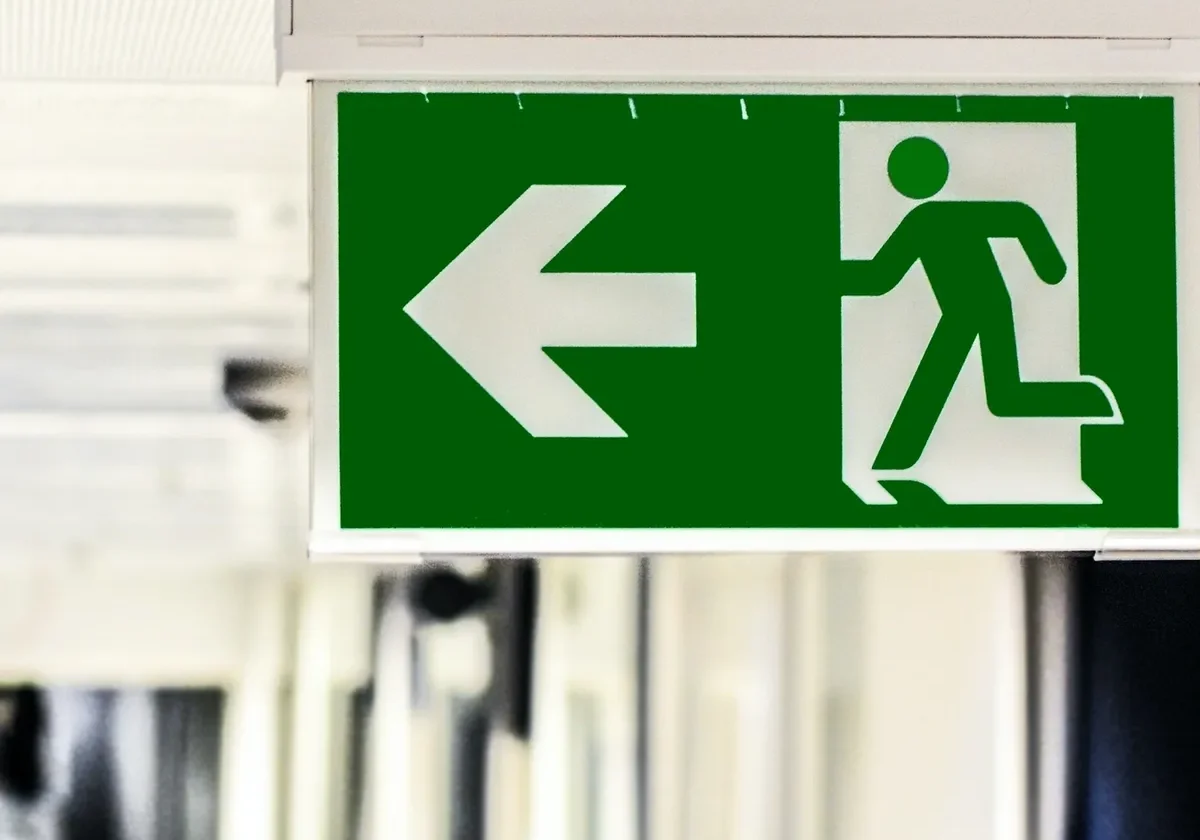Emergency Codes

Medical emergency response codes
Code Blue
Code Red
Train Stations
Inspector Sands Often heard as: “Could Inspector Sands please report to the…” Means: There is a fire Inspector Sands or Mr Sands is one of the most commonly used emergency codes for indicating that there is a fire in the vicinity.
If a fire has been reported, a tanoy announcement will ask for Inspector Sands to make their way to a specified area, which is where the suspected fire is. This phrase originates from theatres where in the past a bucket of sand would be kept for extinguishing fires.
In more recent times it has been widely adopted by public entertainment venues, shopping centres and railway stations including on the London Underground. On hearing a call for Inspector Sands, station staff have a set period of time in which to investigate before issuing a full-scale evacuation.
If you’re a regular commuter, you may already be familiar with Inspector Sands, as on the tube it is often automatically played when a fire detector has been triggered. Underground staff also use a variation of this, ‘Inspector Gravel’ which is code for a bomb alert.


Time Check
Often heard as: “Time check: The Time is…” Means: Bomb threat.
Having a procedure in place to deal with a terror threat has become a necessary measure. Many public places, especially large department stores use a coded time check, announcing the current time to indicate to staff that there has been a bomb threat and they will need to follow the correct procedure for these circumstances.
Often this will involve all members of staff stopping what they are doing immediately and searching for a suspect package, before preparing to evacuate.
Code Bravo
Often heard as “Bravo, Bravo, Bravo!” Means: Security alert Security is a key priority at airports and on board flights, so there are a number of specialist code words used to indicate different types of emergencies. One of the most well-known is a ‘Code Bravo,’ which means that there has been a security breach/threat.
In airports, security staff may issue the call ‘Bravo, Bravo, Bravo’ and order everyone to freeze, to help them identify a suspect. Other codes used in aviation include ‘Pan-Pan’, a non-critical emergency call often in the case of a breakdown that is less serious and does not require the distress call ‘Mayday’.
In the event of a plane being hijacked, the code 7500 is used by the pilot to secretly communicate the danger to cabin crew and ground staff, without alerting passengers or the hijackers.


Code Oscar
Often heard as: “Oscar, Oscar, Oscar!” Means: Man overboard Avoiding panic among passengers is even more important in a closed environment such as a ship. For this reason, there are an array of secret terms crew can use.
To avoid misunderstandings, a code word such as ‘Oscar’ (meaning someone has fallen off the boat) will be said three times in a row. Although code words used will vary, some common examples are:
Doctor Brown
Often heard as: “Dr. Brown” Means: Threat of violence, security needed Some hospitals, use ‘Doctor Brown’ as a code to protect doctors and nurses, alerting them to the threat of violent patients in the vicinity.
In some cases, paging ‘Doctor Brown’ will automatically send for security to come to their aid. Although the exact phrase used can vary, ‘Code Silver’ may indicate that the attacker is armed.
Ask for Angela
Often heard as “Can I speak to Angela, please?” Means: I feel unsafe and need some help Bars, clubs, pubs and other licenced venues may use the “ask Angela” scheme, which allows anyone who is feeling unsafe, vulnerable or threatened to discreetly ask for help.
Asking for ‘Angela’ will indicate to staff that you require help and a trained member of staff will then look to assist you. This could be through reuniting you with a friend, seeing you to a taxi, or by calling venue security and/or the Police.
Ask for ANI
Often heard as “Can I speak to ANI (Annie), please?” Means: Action needed immediately, domestic abuse help is needed In 2021 the UK Government launched a scheme for domestic abuse victims to secretly signal that they need help inside a pharmacy.
By asking for ANI, a trained pharmacy worker will know that help is needed and will offer the victim a private space, a phone and ask if the individual needs help accessing support services (such as domestic abuse helplines).

